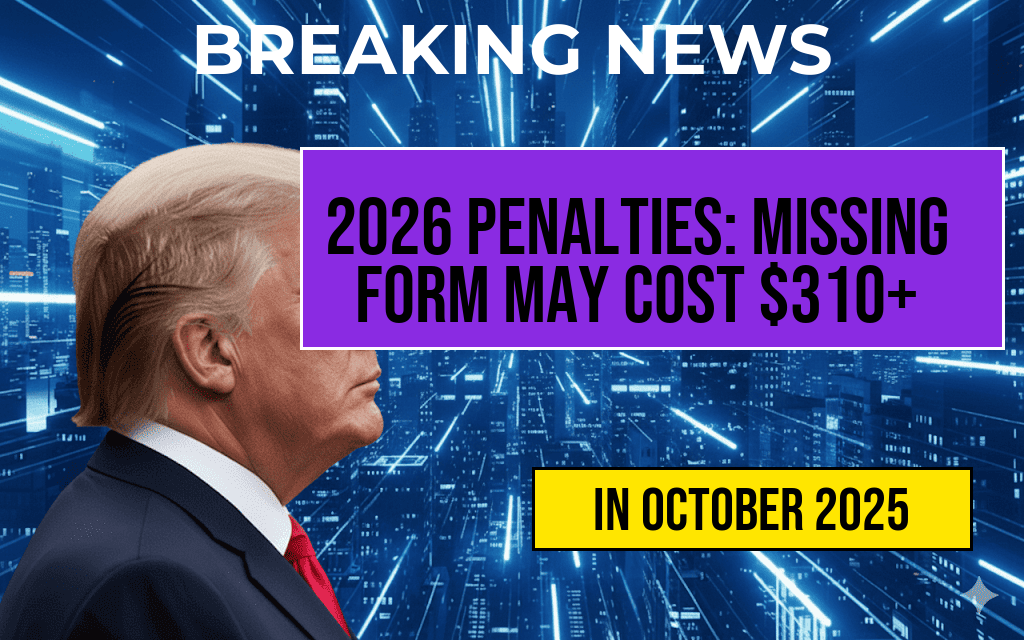The recent reversal of a Social Security Administration (SSA) rule could significantly impact nearly 400,000 Supplemental Security Income (SSI) recipients, potentially resulting in monthly benefit reductions of hundreds of dollars. This policy change, which affects individuals with disabilities and limited income, has raised concerns among advocates and beneficiaries alike. Many recipients rely heavily on these payments for basic living expenses, and any cut could drastically alter their financial stability. As the SSA moves forward with this adjustment, stakeholders are urging the agency to reconsider its decision, fearing that it may exacerbate poverty levels among the most vulnerable populations.
Understanding the SSI Program and Recent Changes
The Supplemental Security Income program is designed to provide financial assistance to individuals who are aged, blind, or disabled and have limited income and resources. Beneficiaries typically receive monthly payments to help cover essential costs such as food, shelter, and medical care. However, the SSA’s recent reversal of a rule that previously allowed for certain exceptions in income calculation has put these benefits at risk for many recipients.
Background of the Rule Change
The SSA’s revised policy aims to tighten the criteria for determining eligibility and benefit amounts. Previously, certain income sources, such as gifts or contributions from friends and family, could be excluded from the income calculation, allowing individuals to maintain higher benefit levels. With the rule change, these sources may now count against the income limits, leading to potential reductions in monthly benefits.
Potential Impact on Beneficiaries
The implications of this rule change are significant. For many recipients, this could mean a loss of hundreds of dollars each month. According to reports, the average SSI payment is approximately $600, and for some, the reduction could lead to a monthly benefit of less than $400. Such a decrease could severely affect their ability to afford basic necessities.
- Increased Poverty Risk: With reduced benefits, many recipients could find themselves in precarious financial situations, unable to meet their basic needs.
- Emotional and Psychological Toll: The stress of financial instability can lead to mental health issues, worsening the conditions of those already facing challenges.
- Advocacy and Opposition: Various advocacy groups are mobilizing to voice their concerns over the changes, arguing that the new policy disproportionately affects low-income individuals.
Community Response and Advocacy Efforts
Advocacy organizations have already begun to respond to the proposed changes, urging lawmakers to intervene. Groups such as the National Organization of Social Security Claimants’ Representatives (NOSSCR) and the Disability Rights Education and Defense Fund (DREDF) are leading efforts to raise awareness about the potential consequences of the reversal.
“This change could push many vulnerable individuals deeper into poverty,” stated an advocate from NOSSCR. “We need to ensure that our most vulnerable citizens have the support they require to live with dignity.”
Government and Public Reaction
As discussions continue, some lawmakers have expressed concern over the SSA’s decision. They argue that the agency should prioritize the well-being of beneficiaries and reconsider the impact of such changes on the lives of those who depend on SSI.
Several public hearings are set to take place in the coming months, where recipients and advocates can voice their opinions on the matter. The SSA is expected to gather feedback and possibly revise its approach based on community input.
Future of SSI Benefits
The future of SSI benefits remains uncertain as the SSA navigates this policy shift. The agency has stated that it will continue to assess the impact of the rule change and will work with stakeholders to ensure that the needs of beneficiaries are met.
As the situation develops, it is crucial for recipients to stay informed and engaged. Those affected are encouraged to reach out to local advocacy groups and participate in upcoming hearings to express their concerns and share their experiences.
Informed Decision-Making for Recipients
Beneficiaries are advised to review their current financial situations and consider potential adjustments to their budgets in light of the impending changes. Understanding the new criteria for SSI eligibility and benefits can help individuals prepare for any adjustments that may arise.
For more information on SSI benefits and the ongoing changes, individuals can refer to the official SSA website and advocacy resources such as NOSSCR and DREDF.
Frequently Asked Questions
What is the SSI rule that is being reversed?
The SSI rule refers to regulations governing the Supplemental Security Income program, which provides financial assistance to individuals with disabilities or limited income. The reversal of this rule may impact the eligibility and benefit amounts for many recipients.
How many recipients are affected by the reversal?
The reversal of the SSI rule poses a risk to approximately 400,000 recipients, who may face significant changes to their monthly benefits.
What are the potential financial impacts for recipients?
Recipients could see monthly benefit cuts in the hundreds of dollars, which may lead to increased financial hardship for those who rely on SSI for their basic living expenses.
What should recipients do if they are concerned about their benefits?
Recipients are encouraged to stay informed about the changes and to contact their local Social Security Administration office for guidance and assistance regarding their specific situations.
When is the change expected to take effect?
The timeline for the implementation of the reversed SSI rule has not been clearly specified, but it is important for recipients to monitor updates from official sources regarding any changes to their benefits.








